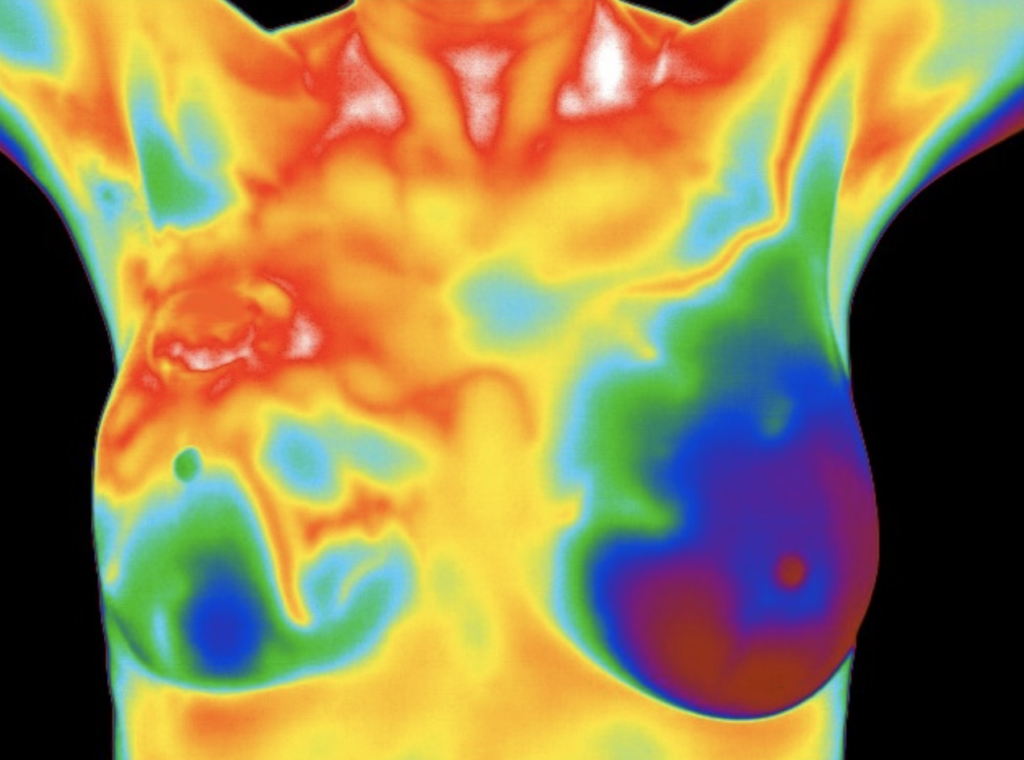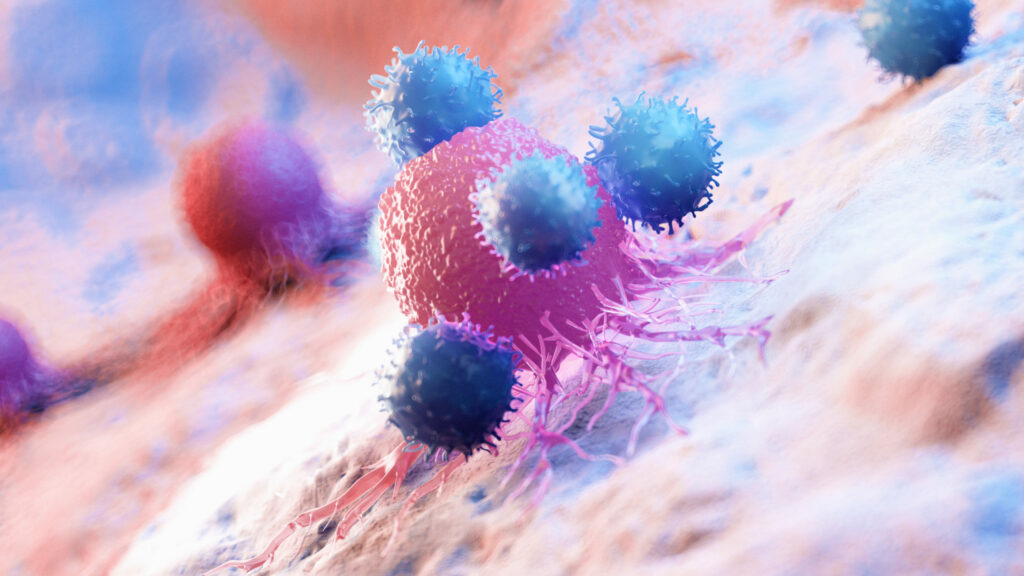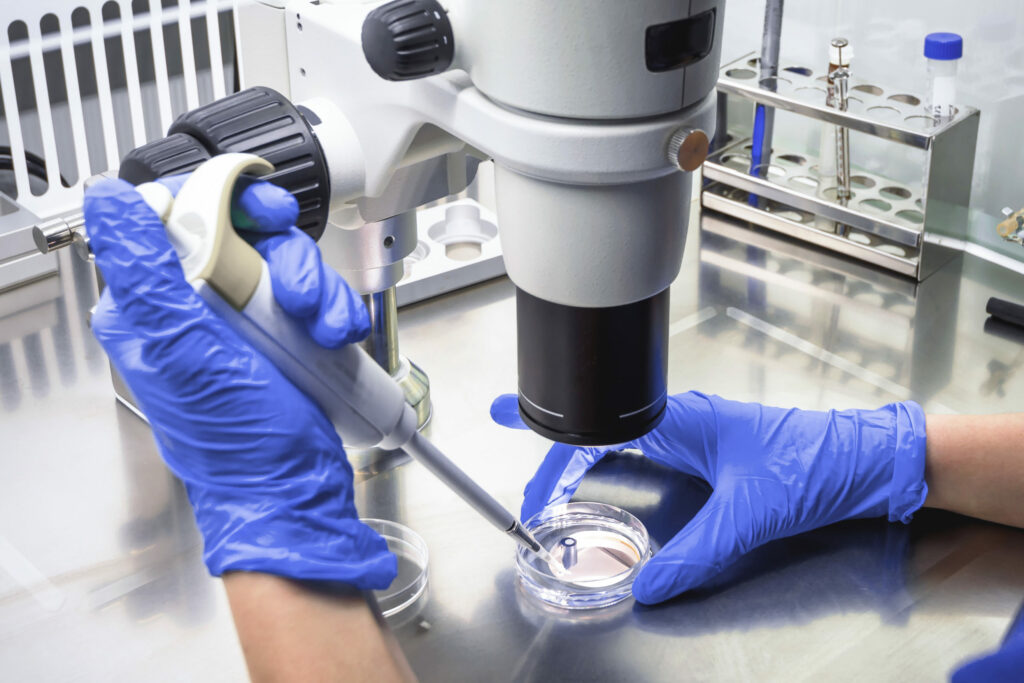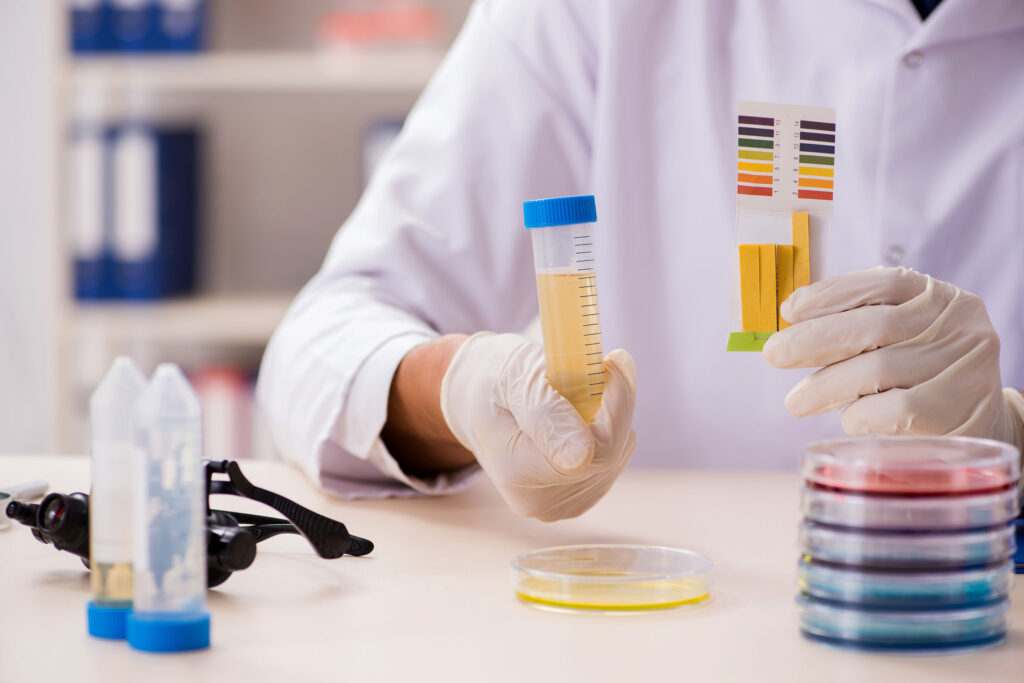Health Check Ups
Health Check Ups
The Health Check up and Clinical Assessment targets areas of everyday living that can affect short and long term health outcomes, such as stress and relaxation, exercise, mood, and energy levels. Combined with the Diet Analysis, a “health snapshot” is created and forms a distinctively individual context for testing results.
This component also incorporates a detailed Health Questionnaire. Blood tests and urine tests: Full Spectrum Pathology testing covers a comprehensive range of health impeding processes in the body, including vitamin and mineral deficiency and toxicity, white and red blood cell count, mineral and trace element levels, inflammation, cancer markers and more.s
Executive Check Up Packages
10% Discount on All Packages
- Complete Blood Count (CBC)
- Thyroid Panel: Total T-4; T-3 uptake; Free Thyroxine Index (FTI); T-7; and Thyroid Stimulating Hormone (TSH)
- Lipid Profile: Cholesterol, Total, HDL Cholesterol, LDL Cholesterol, Cholesterol/HDL Ratio, and Triglycerides
- Liver Profile: ALT or SGPT, Albumin,Serum; Albumin/Globulin Ratio; Alkaline Phosphatase; AST or SGOT; Bilirubin, Total; Globulin, Total; LDH; Protein; GGT
- Kidney Panel: Urea Nitrogen (BUN); Creatinine, Serum; Uric Acid; BUN/Creatinine Ratio;
- Minerals and Bone: Iron, Total; Calcium; Phosphorus;
- Fluids & Electrolytes: Chloride, Serum; Potassium; Sodium; Carbon Dioxide
- Glucose & HbA1c
- IGF1 Somatomedin-C (SC)
- Testosterone, Total and Free
- Progesterone
- Estrogens
- Free T4
- Free Tri-iodothyronine (T3)
- FSH & LH
- DHEA, SULFATE
- Human Growth Hormone (HGH)
- Homocysteine
- C-reactive protein (CRP)
- CA-125, CA-15-3, CA-19-9, CEA, AFP
- Vitamin A
- Vitamin B12
- Folic Acid (Folate)
- Vitamin D 25-hydroxy
- Sex Hormone Binding Globulin (SHBG)
- Cortisol
- Urinalysis Complete with Microscopic Examination
Package Price: 34,000 THB ($1,100 USD)
- Complete Blood Count (CBC)
- Thyroid Panel: Total T-4; T-3 uptake; Free Thyroxine Index (FTI); T-7; and Thyroid Stimulating Hormone (TSH)
- Lipid Profile: Cholesterol, Total, HDL Cholesterol, LDL Cholesterol, Cholesterol/HDL Ratio, and Triglycerides
- Liver Profile: ALT or SGPT, Albumin,Serum; Albumin/Globulin Ratio; Alkaline Phosphatase; AST or SGOT; Bilirubin, Total; Globulin, Total; LDH; Protein; GGT
- Kidney Panel: Urea Nitrogen (BUN); Creatinine, Serum; Uric Acid; BUN/Creatinine Ratio;
- Minerals and Bone: Iron, Total; Calcium; Phosphorus;
- Fluids & Electrolytes: Chloride, Serum; Potassium; Sodium; Carbon Dioxide
- Glucose & HbA1c
- IGF1 Somatomedin-C (SC)
- Testosterone, Total and Free
- Estradiol
- Progesterone
- DHEA, SULFATE
- Human Growth Hormone (HGH)
- Homocysteine
- C-reactive protein (CRP)
- Vitamin D 25-hydroxy
- Urinalysis Complete with Microscopic Examination
Package Price: 18,500 THB ($595 USD)
- Complete Blood Count (CBC)
- Thyroid Panel: Total T-4; T-3 uptake; Free Thyroxine Index (FTI); T-7; and Thyroid Stimulating Hormone (TSH)
- Lipid Profile: Cholesterol, Total, HDL Cholesterol, LDL Cholesterol, Cholesterol/HDL Ratio, and Triglycerides
- Liver Profile: ALT or SGPT, Albumin,Serum; Albumin/Globulin Ratio; Alkaline Phosphatase; AST or SGOT; Bilirubin, Total; Globulin, Total; LDH; Protein; GGT
- Kidney Panel: Urea Nitrogen (BUN); Creatinine, Serum; Uric Acid; BUN/Creatinine Ratio;
- Minerals and Bone: Iron, Total; Calcium; Phosphorus;
- Fluids & Electrolytes: Chloride, Serum; Potassium; Sodium; Carbon Dioxide
- Glucose & HbA1c
- IGF1 Somatomedin-C (SC)
- Testosterone, Total and Free
- Estradiol
- Vitamin D 25-hydroxy
- Urinalysis Complete with Microscopic Examination
Package Price: 14,500 THB ($465 USD)
- Complete Blood Count (CBC)
- Thyroid Panel: Total T-4; T-3 uptake; Free Thyroxine Index (FTI); T-7; and Thyroid Stimulating Hormone (TSH)
- Lipid Profile: Cholesterol, Total, HDL Cholesterol, LDL Cholesterol, Cholesterol/HDL Ratio, and Triglycerides
- Liver Profile: ALT or SGPT, Albumin,Serum; Albumin/Globulin Ratio; Alkaline Phosphatase; AST or SGOT; Bilirubin, Total; Globulin, Total; LDH; Protein; GGT
- Kidney Panel: Urea Nitrogen (BUN); Creatinine, Serum; Uric Acid; BUN/Creatinine Ratio;
- Minerals and Bone: Iron, Total; Calcium; Phosphorus;
- Fluids & Electrolytes: Chloride, Serum; Potassium; Sodium; Carbon Dioxide
- Glucose & HbA1c
- IGF1 Somatomedin-C (SC)
- Testosterone, Total and Free
- Estradiol
- Progesterone
- Free T4
- Free Tri-iodothyronine (T3)
- FSH & LH
- DHEA, SULFATE
- Human Growth Hormone (HGH)
- Homocysteine
- C-reactive protein (CRP)
- PSA, CA-19-9, CEA, AFP
- Vitamin A
- Vitamin B12
- Folic Acid (Folate)
- Vitamin D 25-hydroxy
- Sex Hormone Binding Globulin (SHBG)
- Cortisol
- Urinalysis Complete with Microscopic Examination
Package Price: 34,000 THB ($1,100 USD)
- Complete Blood Count (CBC)
- Thyroid Panel: Total T-4; T-3 uptake; Free Thyroxine Index (FTI); T-7; and Thyroid Stimulating Hormone (TSH)
- Lipid Profile: Cholesterol, Total, HDL Cholesterol, LDL Cholesterol, Cholesterol/HDL Ratio, and Triglycerides
- Liver Profile: ALT or SGPT, Albumin,Serum; Albumin/Globulin Ratio; Alkaline Phosphatase; AST or SGOT; Bilirubin, Total; Globulin, Total; LDH; Protein; GGT
- Kidney Panel: Urea Nitrogen (BUN); Creatinine, Serum; Uric Acid; BUN/Creatinine Ratio;
- Minerals and Bone: Iron, Total; Calcium; Phosphorus;
- Fluids & Electrolytes: Chloride, Serum; Potassium; Sodium; Carbon Dioxide
- Glucose & HbA1c
- IGF1 Somatomedin-C (SC)
- Testosterone, Total and Free
- Estradiol
- Progesterone
- DHEA, SULFATE
- Human Growth Hormone (HGH)
- Homocysteine
- C-reactive protein (CRP)
- Vitamin D 25-hydroxy
- Urinalysis Complete with Microscopic Examination
Package Price: 18,500 THB ($595 USD)
- Complete Blood Count (CBC)
- Thyroid Panel: Total T-4; T-3 uptake; Free Thyroxine Index (FTI); T-7; and Thyroid Stimulating Hormone (TSH)
- Lipid Profile: Cholesterol, Total, HDL Cholesterol, LDL Cholesterol, Cholesterol/HDL Ratio, and Triglycerides
- Liver Profile: ALT or SGPT, Albumin,Serum; Albumin/Globulin Ratio; Alkaline Phosphatase; AST or SGOT; Bilirubin, Total; Globulin, Total; LDH; Protein; GGT
- Kidney Panel: Urea Nitrogen (BUN); Creatinine, Serum; Uric Acid; BUN/Creatinine Ratio;
- Minerals and Bone: Iron, Total; Calcium; Phosphorus;
- Fluids & Electrolytes: Chloride, Serum; Potassium; Sodium; Carbon Dioxide
- Glucose & HbA1c
- IGF1 Somatomedin-C (SC)
- Testosterone, Total and Free
- Estradiol
- Vitamin D 25-hydroxy
- Urinalysis Complete with Microscopic Examination
Package Price: 14,500 THB ($465 USD)
Free with all Check-Up Packages
BioResonance Scan
This scanner receives from the brain the resonating frequency of the part of the body that was selected and is then compared to a known frequency that the selected organ, tissue, etc, should be vibrating at if healthy.
Live Blood Analysis
Live blood analysis is a test that can give you a very accurate state of health, and allow you to find out about disease in your body, allowing you to implement steps to reverse it before it starts to cause you problems.
Individual Specialist Tests
(Indivudely Priced)
RTM Breast Screening (For Women) – Cancer Risk Test
RTM Breast Screening is a temperature assessment of internal and surface breast tissue. Ascertain temperature changes can precede cell changes associated with tumor formation, the RTM screen can act as an early detection test for malignant and benign masses. The screen is totally non-invasive, painless and brief. It uses no radiation and is usually quite comfortable and gentle on the patient.
Circulating Tumor Cell Test (CTC) – Cancer Risk Test
Circulating Tumor Cells (CTCs) are cells that have detached from the primary tumor and flow into the blood or lymphatic circulation creating a secondary tumor. Despite their rare population, these cells exhibit metastatic attributes and are related to cancer progression. Detecting and isolating them is the priority of many research projects and although there has been great progress made in this area there are many drawbacks associated with sensitivity and specificity of different methodologies.
NK Activity Test – Cancer Risk Test
NK Cytotoxicity profile gives patients and practitioners an insight to the patients level of ability to kill Cancer cells. From a sample of blood, a % risk factor guideline can be given related to this cancer cell killing ability. Combined with other reports such as Thermal imaging and BioMarkers, an insightful cancer status / developmental risk report can be given.
Cancer BioMarker Tests – Cancer Risk Test
Tumor markers are substances which are found in the blood, bodily fluids, or tissues that are produced by cancer cells. If a certain CA marker is found in the blood, it can indicate that a cancer is present and immunotherapy treatment may be required or continued.
Food Allergy Testing / Food Intolerance Test
The majority of adverse reactions to food are rarely life-threatening but may be a source of considerable discomfort in many chronic conditions and diseases. The symptoms are varied and individuals can react in different ways. Many people live with minor or major symptoms of adverse food reactions for years without ever suspecting the involvement of the immune system and the foods which trigger them.
Food sensitivity is often given a low priority in the investigation of disease. Common conditions where food sensitivity may play a significant role include bloating and fluid retention, inflammatory bowel disease, irritable bowel syndrome, migraine, depression and mood swings, asthma, skin conditions and behavioral problems in children.
IgG Food Sensitivity testing interpreted in relation to case history and other test results, is an efficient and reliable method for diagnosing individuals with adverse reactions to food.
Micro-Nutrition Analysis
Micronutrient tests measure the function of 35 nutritional components including vitamins, antioxidants, minerals and amino acids within our white blood cells. Scientific evidence shows us that analyzing white blood cells gives us the most accurate analysis of a body’s deficiencies.
Urine Organic Acid Test - Metabolic Profile
The Metabolic Analysis Profile is a nutrition test that requires a first morning void (FMV) urine collection to measure organic acids. The report includes personalized micronutrient recommendations for vitamin and mineral cofactors as well as digestive support recommendations based on a patient’s individual biochemical metabolism.
Metabolic Analysis Profile testing is effective for patient concerns such as: Mood Disorders, Mitochondrial Dysfunction, Fatigue, Chronic Stress, and Inflammation.
Several diseases are associated with abnormal organic acid levels such as depression, anxiety, cardiovascular disease, neurocognitive decline, anorexia, and many others.
Heavy Metal Toxicity Test
A heavy metal blood test is a group of tests that measure the levels of potentially harmful metals in the blood. The most common metals tested for are lead, mercury, arsenic, and cadmium. Metals that are less commonly tested for include copper, zinc, aluminum, and thallium.
Resting 12-Lead ECG
Electrodes are placed on the chest, arms and legs to pick up the signals of the heartbeat. These signals are printed on an electrocardiogram (ECG) in the form of a graph. The test is painless and only takes a few minutes. The test is used to screen for cardiac abnormalities and diseases.









